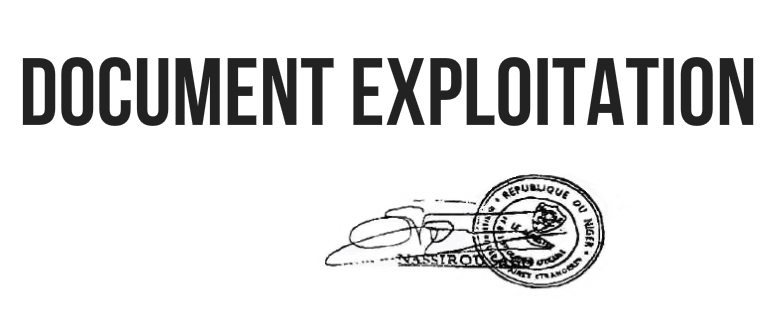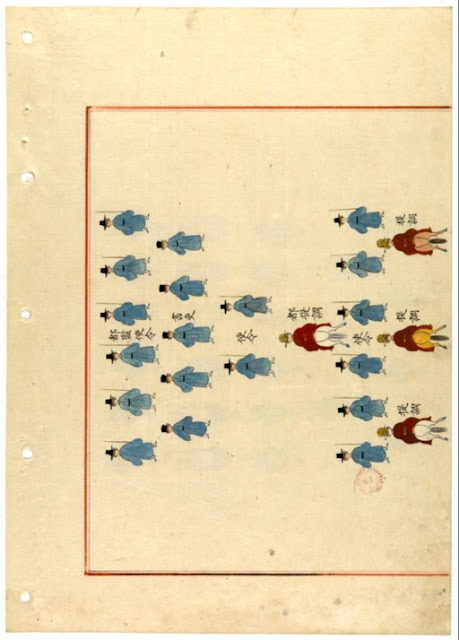The State Department's recent response (see
ACLU,
NY Times, and
Secrecy News for summary) to the ACLU's FOIA lawsuit for official copies of 23 embassy cables published by Wikileaks is quite remarkable and relevant to the issue of captured documents. Briefly, in response to the FOIA request, the State Department shockingly released redacted copies of a number of the records, which allowed the ACLU to create this
exhibit comparing the redacted documents with the Wikileaks documents to illustrate exactly what was redacted.
What does this have to do with captured documents? While the Wikileaks documents are not "captured documents" in the strict sense, they are certainly a kissing cousin that shares many characteristics: nonpublic/sensitive/classified state documents in non-official custody that are made public despite vigorous demands for their return and allegations of illegality. Both might be put into a larger category of "displaced" records or archives.
I find it remarkable that the government did not more aggressively and actively call into question the authenticity of the Wikileaks documents in the first place. Among other things, a stronger response could have allowed the questionable "Wikileaks documents" to be treated as something substantively different than the classified documents they purported to replicate and arguably would have obviated the need for the restrictions on accessing Wikileaks on government computers that only served to further validate them as authentic classified documents and to chill both research and public debate.
In the context of captured documents exposed publicly, denying authenticity has historically been a primary defensive strategy. When the Germans published a "White Book" called "Polish Documents Bearing on Events that Led Up to the War" in 1940, for example, that purportedly consisted of diplomatic documents seized by German troops from the archives of the Polish Foreign Office in Warsaw and which included purported communications from United States envoys to France and Britain, President Roosevelt referred to the documents as "sheer propaganda" and said that they "should be taken, not with one or two, but with three grains of salt."
Another example relates to the
Smolensk archives, the documents famously seized by Germany from Smolensk, Russia, during World War II that the U.S. took into custody at the end of the war and later made publicly available, which led to decades of debate over their return to the U.S.S.R. Patricia Kennedy Grimsted describes in her wonderful "
The Odyssey of the Smolensk Archive: Plundered Communist Records for the Service of Anti-Communism" (
Worldcat) that in 1965 the acting Archivist of the United States actually informed a Soviet official that "if the USSR were to make an official request for the return of the Smolensk Archive, undoubtedly the State Department would be prepared to resolve the matter favorably." According to to Grimsted's research, however, despite the public availability of the documents and the passage of time, the Soviets nevertheless decided against making such a demand on the basis that:
An official petition by the Soviet Union to the State Department could be used in the USA as an official recognition of the authenticity of those documentary materials, and thus even contribute to falsified display in public exhibits and further published utilization with the aim of anti-Soviet propaganda and hence appear to substantiate concrete examples of events which took place in the 1930s.
In relation to the Wikileaks documents, both the
U.N. and even
Iran appeared to be using the old playbook and basically invited the U.S. to join them in undermining the authenticity of the Wikileaks documents. As applied to the FOIA response, the State Department apparently chose not to try using a Glomar ("can neither confirm nor deny") response. It might have been a novel usage, but one a court could have potentially found compelling under these unique circumstances. Instead the redacted cables serve to further confirm the authenticity of the Wikileaks documents and, as the ACLU itself
points out, the redacted disclosures are "perhaps more sensitive than the cables themselves, revealing what the government thinks the public should and should not be able to see."





























